Regardless of your age, it is vital to safeguard your heart health. As a result, you’ll have a lower risk of developing heart disease and stroke. However, you’ll be more motivated to engage in other healthy activities like exercising and getting enough sleep.
One way to start improving your health today is to eat heart-healthy foods. What is the significance of food?
We want to keep our blood pressure in check, as well as our cholesterol and triglyceride levels. Healthy eating can also help you maintain a healthy weight, which can prevent a range of health problems.
The good news is that by incorporating a few foods into your diet, you may improve your heart health while also guaranteeing appropriate nutrition.
More good news: heart-healthy meals are also tasty and versatile, so you can make them in a number of ways for breakfast, lunch, and dinner without getting bored. As a result, including them in your diet and daily routine is a win-win situation.
A healthy heart also helps to prevent aging and can extend one’s lifespan, so you’ll benefit from both the short-term benefits of body fuel and the long-term health benefits as you get older by eating these nutrient-dense meals.
Here are twelve heart-healthy items to stock up on this week and keep on hand in your pantry and refrigerator as go-to mainstays.
1. Whole Grains
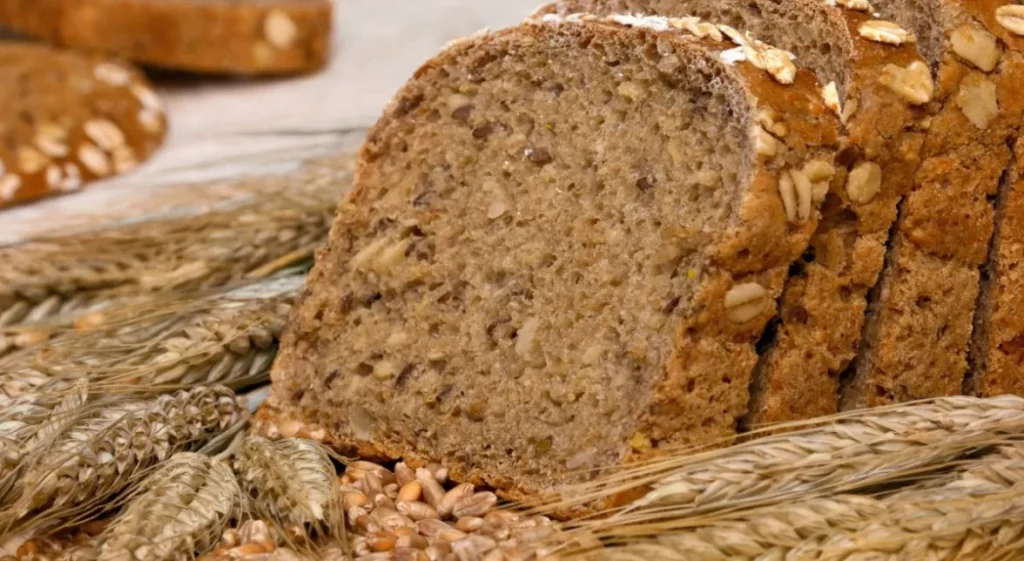
Whole grains in the diet on a regular basis may reduce the risk of heart disease. This is evident in well-studied diets like the DASH and Mediterranean eating plans, and a new study indicated that replacing whole grains for refined grains lowers total and LDL cholesterol, as well as triglycerides. Unless you have Celiac disease, you don’t need to avoid gluten.
In truth, research reveals that gluten has no link to the risk of heart disease; rather, removing gluten from one’s diet is connected to a decreased intake of heart-healthy whole grains, which may increase the risk.
2. Tart Cherries

Tart cherries are strong in polyphenol antioxidants and have anti-inflammatory properties. Drinking sour cherry juice on a regular basis decreases blood cholesterol levels, according to a 2019 study. If you don’t want to drink the juice, eat frozen tart cherries in smoothies or dried tart cherries with nuts as a snack.
3. Beetroots
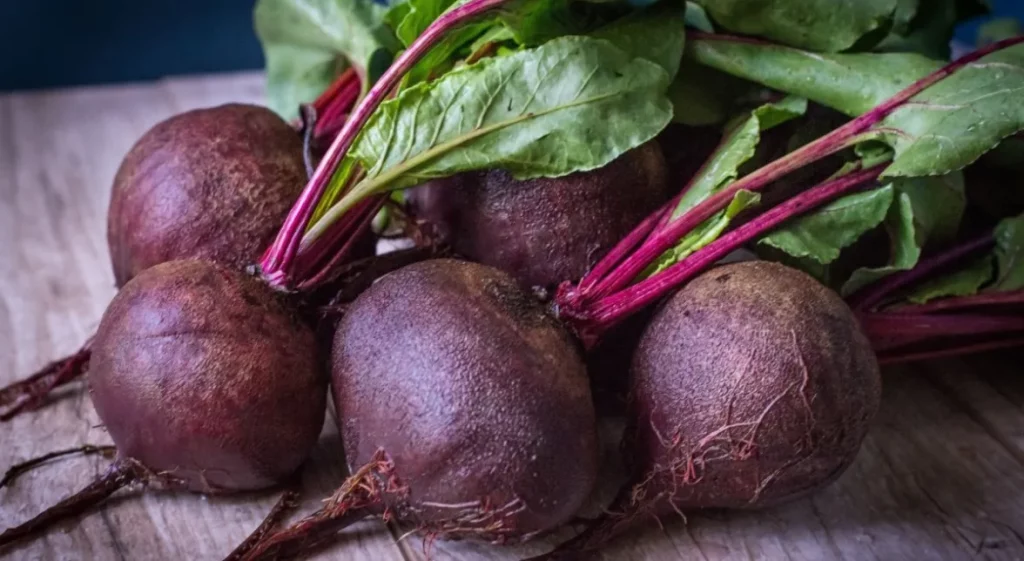
Beets are high in dietary nitrate and provide a variety of vitamins and minerals, including potassium, which is beneficial to your heart. Dietary nitrates from beets are converted to nitric oxide in the body, which helps blood vessels dilate. This reduces heat stress and may aid in blood pressure reduction.
You can get high nitrates by drinking beet juice, but you can also make them yourself. In the refrigerated section of the grocery store, you may also find pre-cooked beets and a beet powder that provides the nitrate benefits you desire when you’re in a hurry.
4. Pistachios
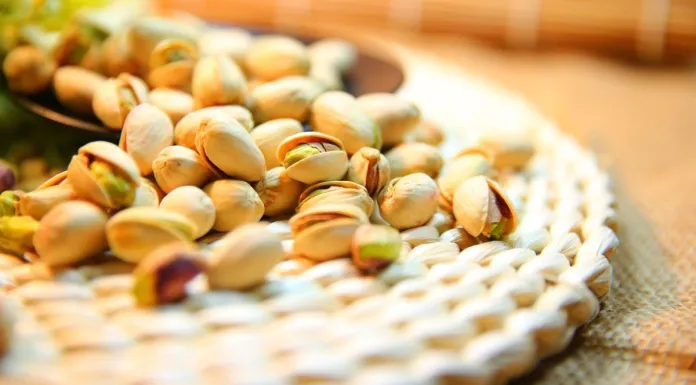
Pistachios include around 90% of the healthy fats, such as mono and polyunsaturated fats, and each serving has 3 grams of fiber. Pistachios Chili Roasted and Pistachios Honey Roasted are two varieties to try for a more filling snacking experience.
Also read: How To Follow A Cutting Diet: Your Complete Guide To Losing Weight While Maintaining Muscle
5. Potatoes
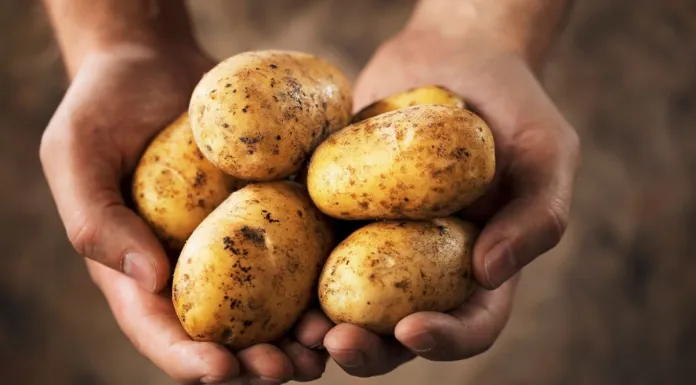
Potatoes are high in potassium, which is vital for blood pressure control, and they have more potassium per serving than a banana (with creamer potatoes providing more potassium than a russet). Potassium intake is vital for blood pressure control when it comes to heart health.
They also have a lot of vitamin C, which is an antioxidant. If you believe potatoes take too long to prepare, try cooking them in the microwave. Many manufacturers produce microwave-ready packages with tastes that cook in 5 minutes or less.
6. Beans
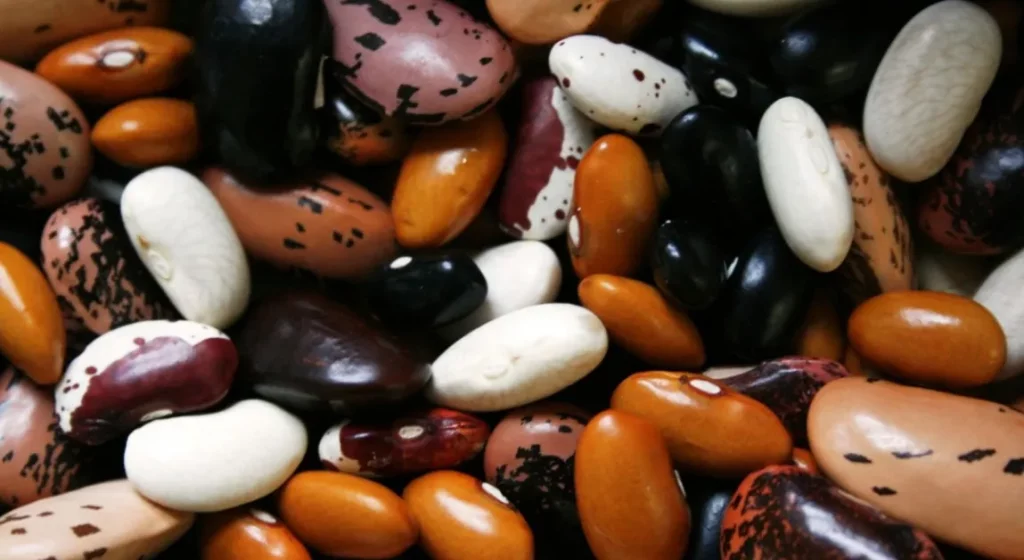
These nutritional powerhouses are abundant in fiber as well as heart-healthy minerals like folate, magnesium, and antioxidants, which can all help to decrease blood pressure. Beans are delicious in soups, salads, chili, dips, and a number of other foods, and fiber helps to maintain healthier blood sugar and cholesterol levels.
7. Fish
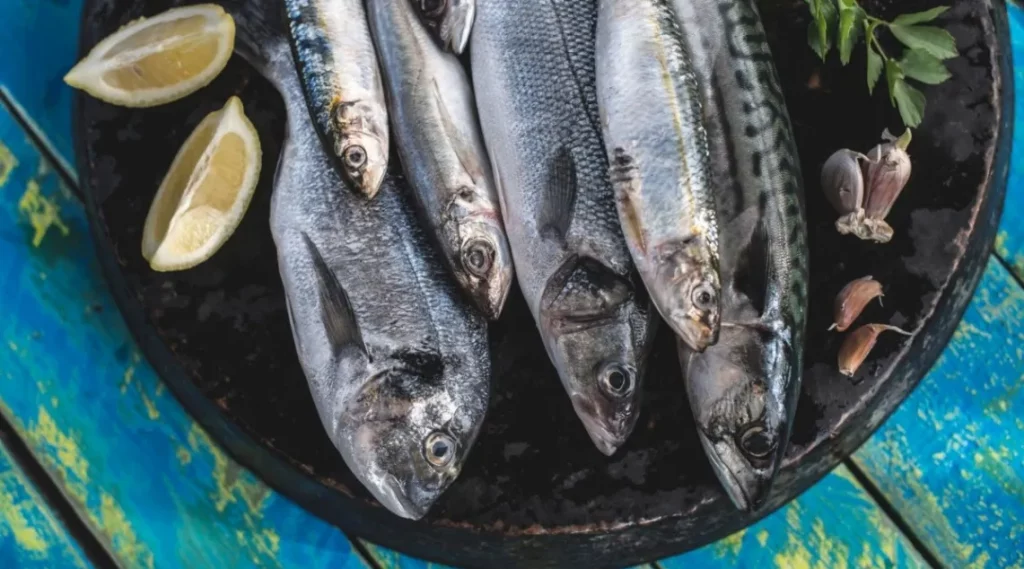
The majority of people do not consume the recommended two servings of fatty fish each week to reduce their risk of heart disease and stroke. To get your omega-3 fix, eat fatty fish like salmon, herring, or sardines twice a week. Even tuna cooked in a can (as some brands do) has a little quantity of healthy omega-3 fatty acids.
Experiment with different varieties of fish and think outside the box. A delectable combo is a whole grain cracker topped with avocado, sardines, and a touch of lemon. Also, don’t forget about the canned salmon! It can be found at any time, is moderately priced, and is quite easy to include in salads, sandwiches, pasta dishes, and other dishes.
8. Flaxseed
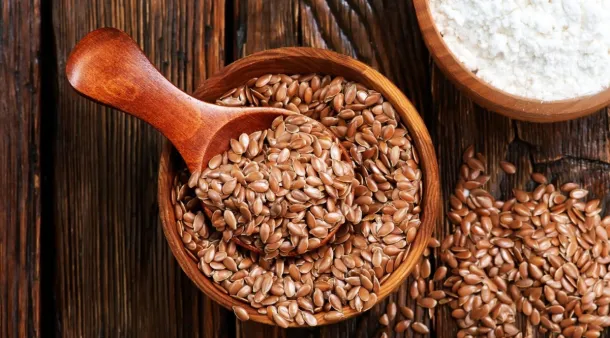
Flaxseed is high in fiber, omega-3 fatty acids, and phytochemicals known as lignans, all of which may aid persons with high blood cholesterol and heart disease. To provide fiber and a little amount of protein to smoothies, muffins, pancakes, and waffles, ground flaxseed can be sprinkled on yogurt or cottage cheese, or added to smoothies, and muffins, pancakes, and waffles.
9. Avocado
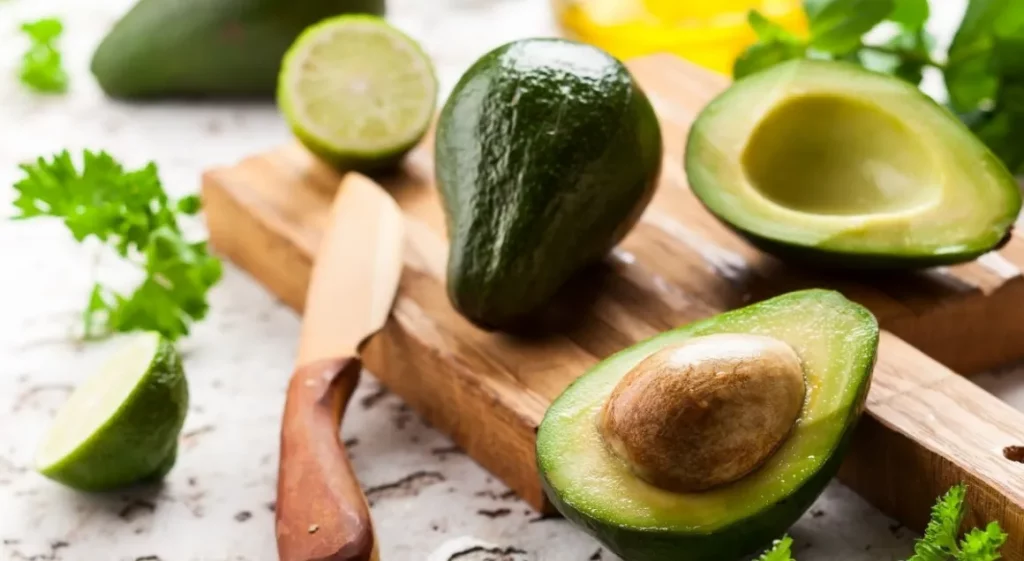
According to the American Heart Association, mono and polyunsaturated fats should be included whenever possible, whereas saturated and trans fats should be avoided entirely. Avocado is largely monounsaturated in nature, and when ingested instead of high-fat meals that are high in saturated fat, it can help to maintain good cholesterol levels.
10. oats
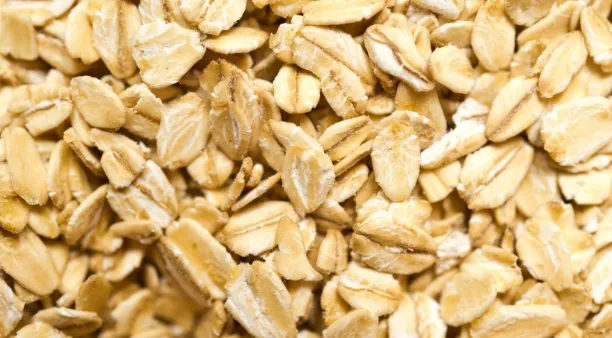
Soluble fiber, such as that found in whole grain oats and oat bran, has been demonstrated to reduce LDL cholesterol or “bad” cholesterol. Combining three grams of soluble fiber per day with a low-saturated-fat diet may reduce the risk of heart disease. Old fashioned oats have 2 grams of soluble fiber per 12 cup serving, so enjoy a classic bowl of oatmeal or sprinkle some in your smoothie or overnight oats and top with nutritious toppings like nuts, seeds, and berries to add a bit of fiber to your diet.
11. Walnuts
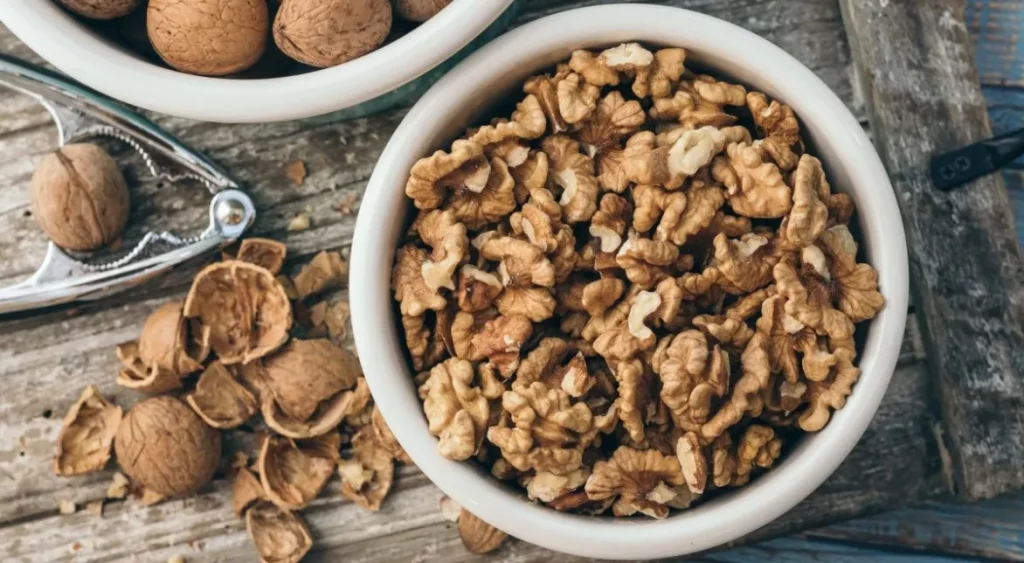
Walnuts are a good source of fiber and micronutrients like magnesium, copper, and manganese. Including a few servings of walnuts in your diet can help avoid heart disease, according to research. Some tree nuts, particularly walnuts, have a lot of research backing them up in terms of avoiding cardiovascular disease.
Walnuts were proven to reduce LDL (bad) and total cholesterol levels in a study of 365 adults conducted in 2009. Interestingly, frequent eating of nuts like walnuts has been associated in multiple studies to a lower risk of heart disease.
12. Dark Chocolate
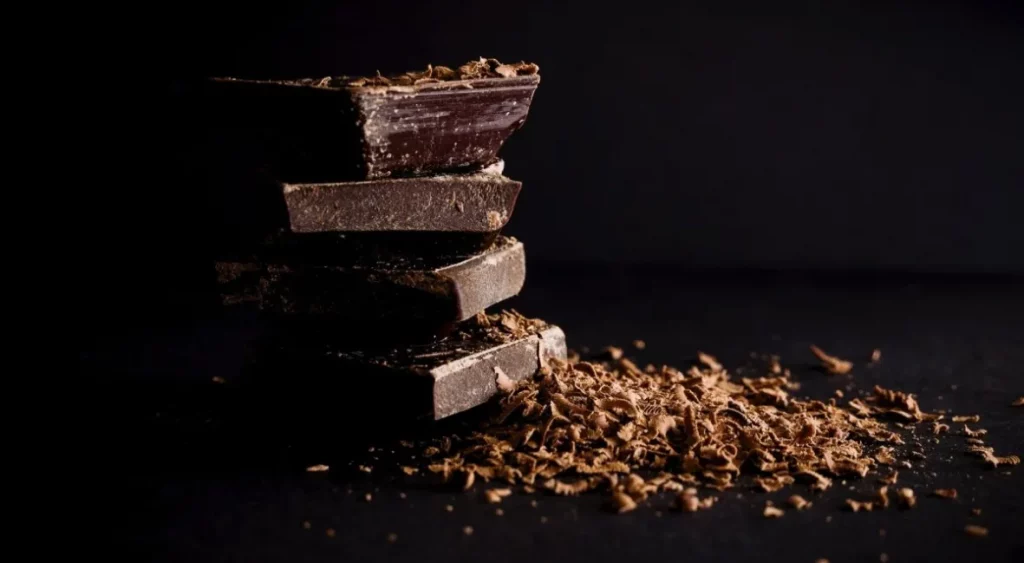
Flavonoids, which are antioxidants that can help enhance heart health, are abundant in dark chocolate. Chocolate consumption has been related to a lower risk of heart disease in several studies.
Chocolate use in moderation (less than 6 servings per week) may reduce your risk of coronary heart disease, stroke, and diabetes. Keep in mind that while these studies suggest a correlation, they don’t necessarily take into account other aspects.
In addition, chocolate is high in sugar and calories, negating many of its health benefits. Choose high-quality dark chocolate with a cocoa content of at least 70% and take it in moderation to get the most heart-healthy benefits.
Also read: Super Sets For Super Strength – Benefits And Common Mistakes
Take Away
As new information emerges, the link between nutrition and heart disease becomes stronger.
What you eat can affect nearly every aspect of heart health, from blood pressure and inflammation to cholesterol levels and triglycerides. As we covered before in this post, there are numerous food sources that are not only delicious but also beneficial to your heart’s health.
If eaten as part of a nutritious, well-balanced diet, these heart-healthy foods can help keep your heart in good shape and lower your risk of heart disease.

